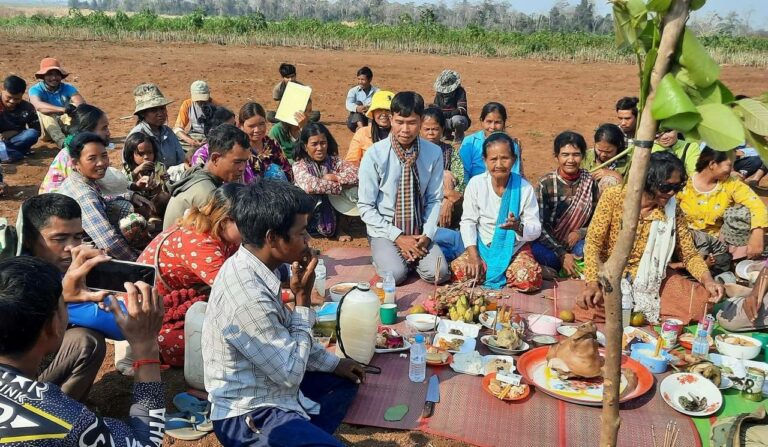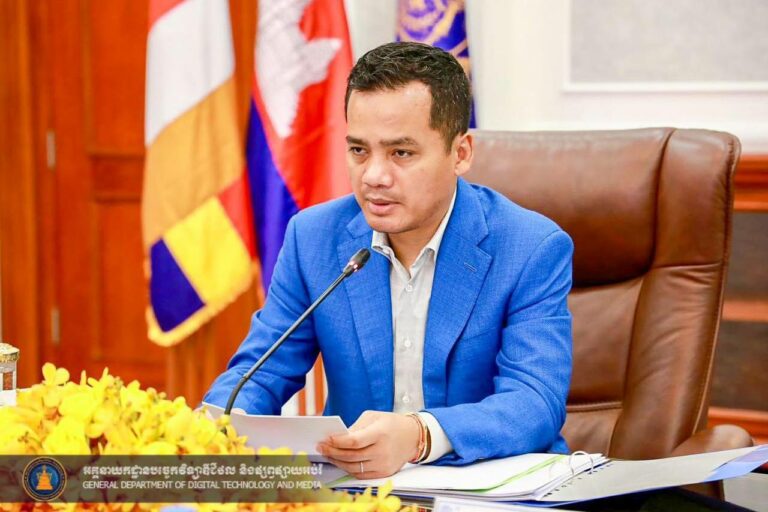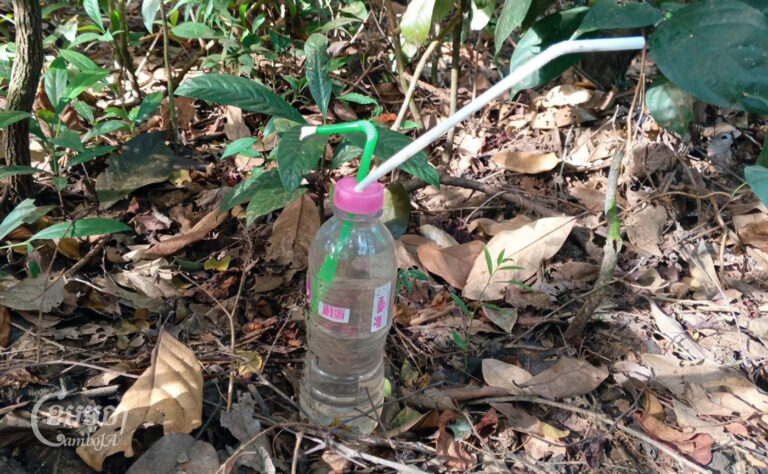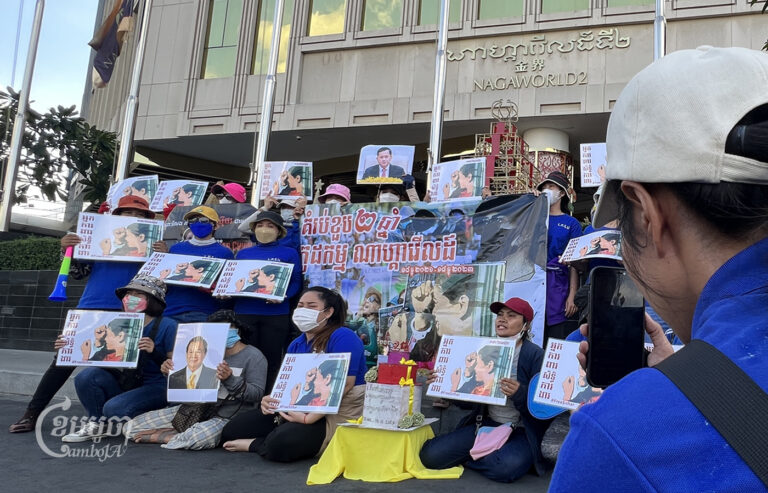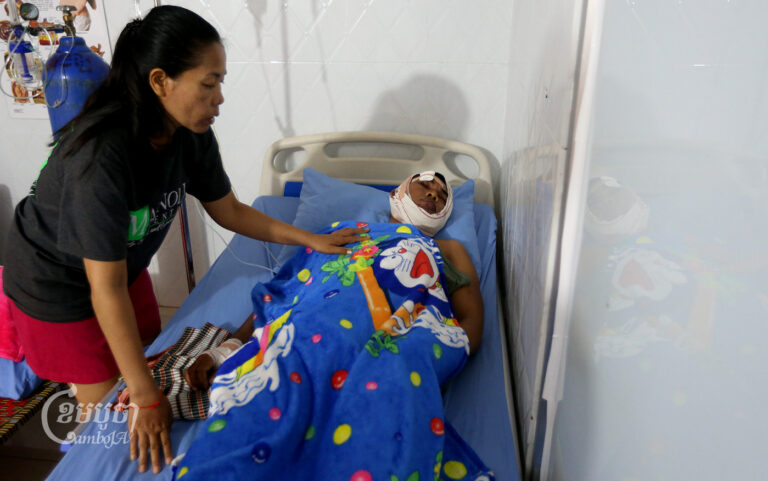The Justice Ministry has rolled out two campaigns to speed up court hearings and resolve alleged irregularities in the justice system in order to enhance transparency and quality. The campaigns, including the set up of out-of-court settlements, have been lauded by civil society groups.
At a press conference on Tuesday, Justice Minister Keuth Rith said the ministry noticed that the number of cases in the courts have increased steadily, which called for court officials to expedite cases.
“The decision to implement the campaigns to expedite judicial services and remind court officers to speed up resolutions is necessary,” he said.
Accordingly, the ministry has set up a task force committee to speed up hearings in court, which is chaired by secretary of state of the ministry Chiv Songhak, while the other campaign to review and resolve irregularities is co-chaired by Long Norin.
The minister said one of the campaigns would focus on resolving cases in three major areas – drug, traffic and civil cases. As of December 2023, there were 14,715 drug cases, making up more than 66% of total criminal cases. Civil cases, particularly those related to birth certificate complaints, amounted to 6,000 cases, or 23 percent.
“We understand that drug problems are a national concern because drugs not only cause serious danger to the society, health, and public security, but they also destroy human resources in Cambodia,” he said. “The size is too big, so we need to look into the dangers of this [drug problem],” Rith said.
In June last year, former Interior Minister Sar Kheng admitted there was a heavy influx of drugs and chemical drug precursors into Cambodia.
Meanwhile, he explained that out-of-court settlements to mediate disputes would not happen without the consent of both parties, and they could still carry on with a court hearing, depending on the decision of the plaintiff and respondents.
With regards to any irregularities (misconducts by court officials) at court hearings, Rith encouraged the victims to file complaints with the taskforce, which will review them.
“[I] would like to say that if there are any irregularities, we must respond with a solution and a measure […] a person who had wrongly committed [an act] will be fined or penalized depending on the severity of their misconduct,” Rith said.
Although no mention was made by the minister, the taskforce on irregularities follows a report by Cambodian Human Rights and Development Association (Adhoc) earlier this month alleging 16 misconducts by judges and prosecutors during trial.
The findings, which were made based on-site monitoring in 20 capital and provincial courts of first instance, were dismissed by the ministry last week as being “unclear” and lacking quality.
According to Minister Keut Rith, the National Authority for Alternative Dispute Resolution campaign will start accepting complaints on March 1.
NGO rights group Adhoc spokesperson Soeng Senkaruna welcomed the ministry’s campaigns to reform the justice system to build public trust.
“We support the ministry’s measure. But, more importantly we need to know whether they have set up specific measures to review irregularities of judges and prosecutors at court hearings,” he said.
“However, it is a good reminder to law enforcers [court officials] to pay more attention and ensure they don’t make mistakes,” Senkaruna said.
In the meantime, he questioned whether the task force or committee is able to settle out of court disputes and if they possessed the power to make just decisions relating to land disputes involving powerful individuals or businessmen who “grab” villagers’ land.
“We have seen [how] human resources [act] as operators [but] lack independence and neutrality,” he said, citing incidents where people with power or are high ranking officials often escape penalties.
Echoing Senkaruna, Hun Seanghak, CCHR’s fair trial rights project coordinator and a fundamental freedom monitoring project representative, expressed concern over the impartiality and independence of judges and prosecutors.
“We are concerned that judges might be influenced when making decisions at trials,” he said. “There’s still impunity [enjoyed by the accused] when decisions are made on accusations relating to political issues,” Seanghak said.
He pointed out that Cambodia’s court system has been criticized by national and international groups for penalizing human rights defenders, unionists, and political and environmental activists.
However, he hopes that the ministry’s campaigns would be carried out effectively, help strengthen the judiciary and build trust in the public.
“We have suggested that [they] render justice for all, not for one or two groups,” he said.



